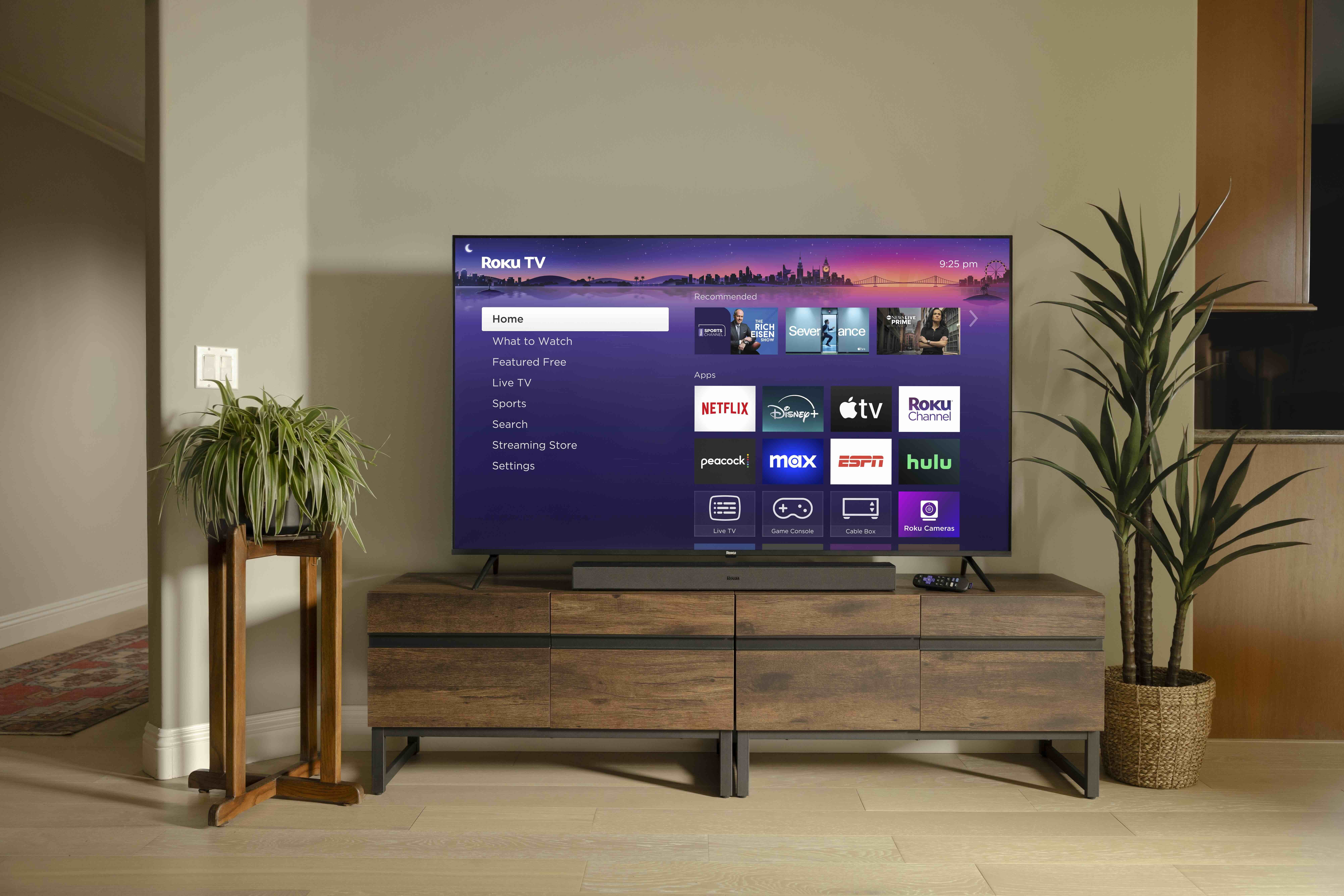The Slow Death of VHS
Attendees to the PC Expo tradeshow this summer in New York City were invited to bring for sacrifice an old VHS tape to "celebrate the VCR's impending retirement."
MedioStream, a maker of software for burning DVDs, replaced the videocassettes with a new recordable DVD disc, and kindly offered visitors the opportunity "to learn why recording to DVD is fun, easy and makes sense."
It was part of a wider PR effort to convince the masses that VHS, the venerable format that triggered the home video revolution, is near death.
Circuit City, the nation's second-largest electronics retailer, joined the chorus by announcing that it's moving out of the business of selling movies on videotape. "We're responding to what people are wanting to buy," said Jim Babb, a Circuit City spokesman. "People have happily embraced DVDs. Our sales have been moving toward DVD for quite some time."
Blockbuster previously announced it was cutting back on videocassette-based software in favor of DVD. Last year, DVD represented only 18.5 percent of Blockbuster's rental revenue. This year, the company predicts DVD rentals will hit 40 percent.
BLINKING 12:00:00
The explosion in the popularity of the DVD home video format is not a new story. Just as the simplicity and convenience of compact discs hastened the replacement of vinyl phonograph records, it appears the same dynamics are rapidly transforming home video.
DVD media is cheap, simple and rugged. DVD players are a no-brainer to operate. But so are videocassettes and VCRs. Yet, when you see the difference in video quality and hear that compelling digital Surround Sound on DVD, any comparison abruptly ends.
I suspect another factor in the demise of the VCR is the fact that so many Americans - after 30 years of using these machines - still don't know how to program the record function. I haven't set a VCR timer in years. Most of my friends quit trying long ago.
Though more than 95 percent of U.S. homes reportedly own a VCR, I wonder how many actually have used the device for anything other than the simple playback of rental cassettes.
It didn't begin that way. In 1975, when Sony introduced the Betamax, the first home videocassette recorder, there were no movies to rent. The marketing was all about "time shifting," the concept of using the VCR to watch TV programs on-demand. Those early Betamax machines had only a one-hour capacity, so recording an entire movie on a single tape was out of the question.
A year later, the Victor Company of Japan introduced VHS (Video Home System), a competing format that offered longer record times and a less proprietary technology than Sony's tightly controlled Betamax. Although both systems used half-inch videotape, they were mutually incompatible - a tape recorded on one system could not be played on the other.
VIDEO WARS
The brutal marketing battle between Betamax and VHS is now video history. Obviously, VHS won. And home video recording, driven in the early years more by the popularity of private pornography viewing than TV time-shifting, became an extension of the television set.
Since DVD today is essentially a playback medium, what will replace VHS as a home-recording technology? Perhaps recordable DVD. Perhaps hard drives, or perhaps some new type of storage memory still in the labs. However, it almost certainly will involve personal computing technology. Take for example two new video products introduced at PC Expo by Panasonic, a manufacturer that seems to be covering all its home video bases.
One new Panasonic product is a DVD recorder with a built-in 40 GB hard drive. The model DMR-HS2 can record a maximum of 52 hours of video on the hard drive in the EP mode, 12 hours on a 9.4 GB double-sided DVD-RAM disc, and six hours on a DVD-R disc. This high-end hybrid product has a list price of $1,200.
At $800, Panasonic introduced the DMR-E30, a progressive scan DVD recorder that can digitally record up to 12 hours of video on a double-sided DVD-RAM disc, and up to six hours on a single-sided DVD-RAM or DVD-R disc.
A feature called "Time Slip" allows viewers to replay a scene recorded 30 seconds earlier without disrupting the recording process. It also allows the device to record and play back different programs simultaneously.
What's not mentioned in the promotions of these new home video products is the unresolved issue of the copy protection of digitally transmitted video. Many program producers, fearful of piracy, want to block digital devices from recording their premium content. Until this issue is resolved, the long-term viability of digital home recorders will remain under a cloud.
All the recent promotional hype aside, I wouldn't write the obituary for VHS quite yet. For years, Sony tried to obsolete the venerable U-Matic format, only to have to keep manufacturing 3/4-inch gear because so many customers said "no" to newer digital technology.
I suspect the makers of VHS could squeeze a few more years out of the creaky format if only someone would invent a simple way to program the VCR's timer. But that would be a real technical innovation. I won't hold my breath.
Get the TV Tech Newsletter
The professional video industry's #1 source for news, trends and product and tech information. Sign up below.
Frank Beacham is an independent writer based in New York.

